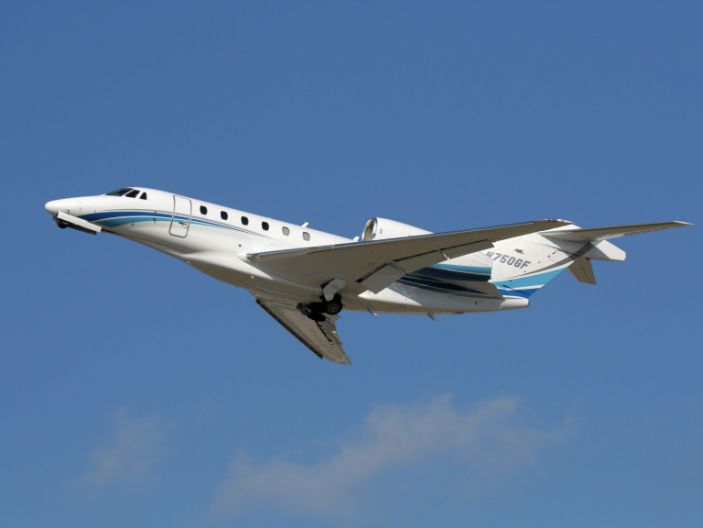The demand for private aviation pilot jobs has surged in recent months as furloughed commercial airline pilots look to transition into private flight roles. Since the onset of the COVID-19 pandemic, many commercial pilots have faced layoffs, with commercial airlines scaling back operations worldwide. For those entering the private sector, the competition is fierce—and success requires more than just hours in the cockpit.
Business Insider recently spoke with three prominent leaders in the private aviation industry: Jamie Walker, CEO of Jet Linx; Michael Silvestro, CEO of Flexjet; and Kevin Thomas, President and COO of XOJET Aviation. Each emphasized that candidates must meet specific criteria that extend far beyond flying credentials.
Unlike commercial airlines, private jet companies often operate without the extensive ground support teams. This means pilots are expected to wear multiple hats—not only flying the aircraft but also delivering a high-touch client experience. Customer service, strong communication, and a friendly demeanor are all essential components of the job. Pilots must engage with passengers directly and represent the company brand with professionalism and courtesy.
“Pilots in private aviation are often the face of the company,” said Walker. “They interact directly with clients and need to understand the importance of discretion, hospitality, and adaptability.”
Cultural fit is another critical factor. Private operators are looking for individuals who embody their values and can easily integrate into tight-knit crews. A polished personality, the ability to remain calm under pressure, and a willingness to go the extra mile are as vital as flight training.
Interestingly, flight experience alone may not be enough to secure one of these coveted private aviation pilot jobs. While thousands of hours in the air certainly help, hiring teams are often more focused on soft skills, versatility, and attitude. Candidates who show a proactive mindset and a desire to continuously improve are typically favored.
Pilots hoping to break into this niche industry should consider gaining familiarity with luxury service standards and understanding how to tailor communication for high-net-worth clientele. Those who succeed will find rewarding careers with more flexibility, closer client relationships, and—often—better work-life balance.
As private jet travel continues to grow post-pandemic, the opportunities are there—but only for those willing to adapt and evolve beyond traditional cockpit duties.
Photo Credit: MyLoupe/Universal Images Group via Getty Images

